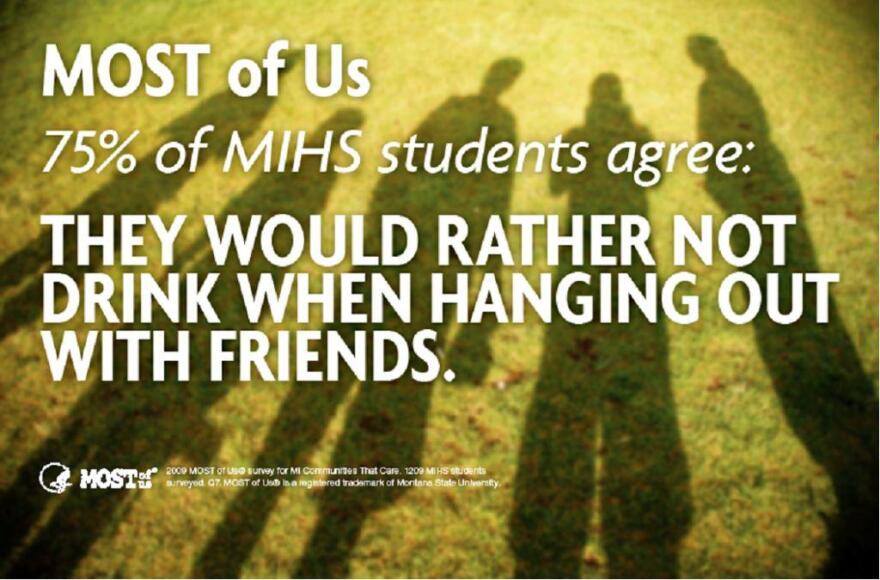Getting the whole community involved in preventing drug and alcohol use by young people can have lasting effects. That’s the conclusion of a recent study published by researchers at the University of Washington.
It’s a perennial fear for parents: How do you keep your kids from getting off track, for example, getting involved in crime or experimenting with drugs?
The University of Washington has tracked thousands of kids from fifth grade into their early twenties to try to answer that question. They’ve been studying the effectiveness of a system called Communities That Care developed by two UW social work professors.
Sabrina Oesterle is an associate professor at the School of Social Work at UW and lead author of the study, which was published online in April in the American Journal of Public Health.
She said their latest research shows that Communities That Care had lasting effects even years after middle school, when the young people took part in the prevention programs.
“Many of them moved away from the communities, of course, as they entered young adulthood,” she said. “We still see that they’re less likely to be engaged in delinquent and violent behaviors and drug use.”
For example, young people in towns that used Communities That Care had a 49 percent higher likelihood of abstaining from a “gateway drug” such as alcohol, tobacco or marijuana through age 21 than young people in the control communities that maintained whatever prevention program they had already been using.

One big piece of the Communities That Care model is that lots of people get involved – police, school officials, parents, kids. They figure out what behaviors to focus on and what prevention programs to use. Some interventions include parenting classes or after-school mentoring programs like Big Brothers Big Sisters.
Oesterle said she and the other researchers hope to keep surveying the young people into their late twenties.
Mercer Island has been using the Communities That Care model for about a dozen years. Derek Franklin, who works in the city’s department of youth and family services, said one thing the community has been trying to address is an out-of-whack perception among young people about what their peers are doing.
“If just 20 percent of kids are smoking pot and the perception among all the students in Mercer Island High School is that 87 percent are doing it, it’s those freshmen and sophomores when they go to their first party and are handed a vape device or bong or joint or a pipe or something – they’re going to be much more likely to take that first hit and initiate substance use,” he said.
Franklin said Mercer Island has been using what he calls social norms marketing to let students know that far fewer are using drugs or drinking alcohol than they think. He said they’ve had success with the approach, and the percentage of students drinking alcohol has declined.







